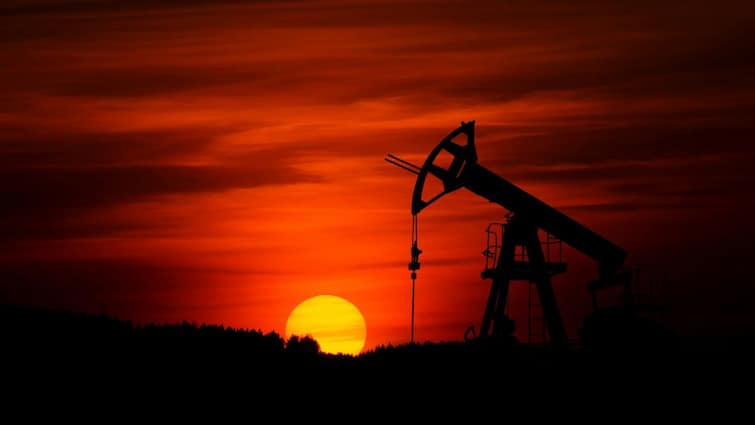Oil prices remained largely unchanged in Asian trading on Wednesday, holding onto gains sparked by US sanctions in the previous session as markets turned their focus to the upcoming OPEC+ meeting scheduled for the weekend.
Brent crude edged down just one cent, or 0.01 per cent, to trade at $69.13 per barrel around 6 AM, reported Reuters. Meanwhile, US West Texas Intermediate (WTI) crude inched higher by four cents, or 0.06 per cent, reaching $65.63 per barrel.
Sanctions-Driven Gains
The previous trading session saw oil prices rise by more than 1 per cent following US sanctions targeting a network of shipping companies and vessels led by an Iraqi-Kittitian businessman accused of smuggling Iranian crude disguised as Iraqi oil. These measures added to supply concerns and provided an immediate boost to the market.
In addition, expectations of declining US crude stockpiles supported prices. A preliminary Reuters poll indicated that crude inventories likely fell by around 3.4 million barrels in the week ending August 29, alongside anticipated reductions in distillate and gasoline stocks.
Economic Data Caps Gains
Despite these factors, oil prices faced pressure from weak economic indicators. US manufacturing contracted for a sixth consecutive month, reflecting the negative impact of tariffs imposed by President Donald Trump on business confidence and overall economic activity. Analysts noted that this could dampen oil demand and limit further upside in prices.
Eyes on OPEC+
Market participants are now closely watching the meeting of eight OPEC+ members on September 7. Analysts generally expect no immediate change to output levels, but any signals from the group could influence market sentiment and crude pricing in the short term.
Geopolitical Spotlight
The geopolitical backdrop added further complexity. On Wednesday morning, Beijing hosted its largest-ever military parade marking 80 years since Japan’s defeat in World War Two. Chinese President Xi Jinping took centre stage alongside Russian President Vladimir Putin and North Korean leader Kim Jong Un. This event followed the Shanghai Cooperation Organisation summit held from August 31 to September 1, where China outlined its vision for a new global security and economic order, directly challenging US influence.
Analysts suggest that such developments could provoke further US secondary sanctions, potentially affecting energy markets and trade flows.
With sanctions, inventory expectations, OPEC+ deliberations, and heightened geopolitical tensions all influencing the market, analysts caution that oil prices may continue to exhibit volatility in the days ahead.



